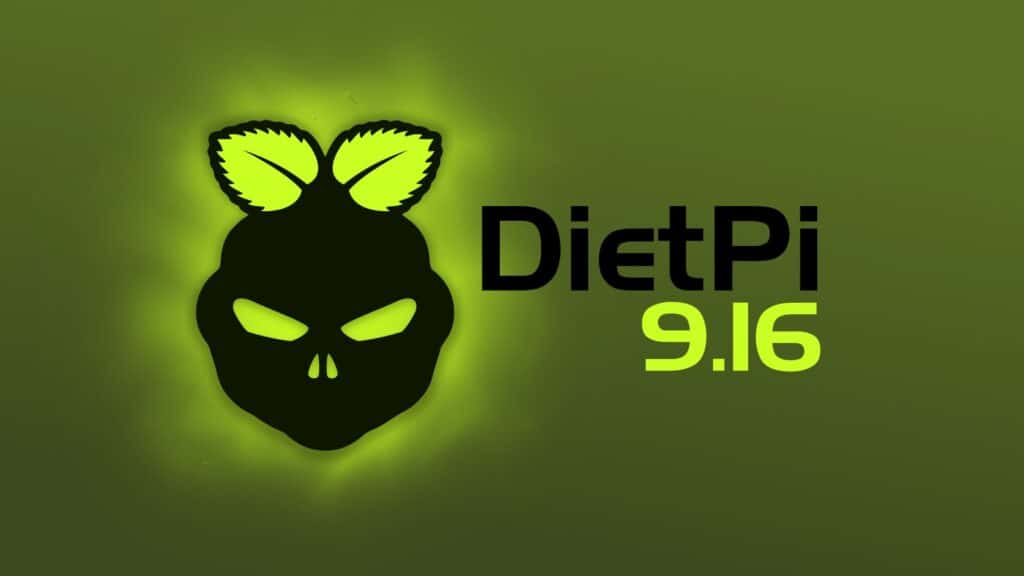Almost a month after the 9.15 release, DietPi, a lightweight, performance-focused Debian-based Linux distro for SBCs (such as Raspberry Pi) and server systems (with an option to install desktop environments), has just unveiled its latest iteration, version 9.16.
First things first, the update introduces support for Debian 13 “Trixie”. At the same time, the release adds early support for Debian 14 “Forky.” While still in testing and prone to frequent package breakages, DietPi can now detect it properly, run automated tests, and generate images for download.
Another notable change is a reduction in redundant APT update calls. The system now skips the command if it was executed within the last hour and no repository changes were made, which should help speed up installs and reduce disk writes.
DietPi’s core scripts also gained smarter privilege handling. Instead of failing when root rights are missing, they now automatically re-execute with sudo, making sudo dietpi-software obsolete in most cases.
Hardware enhancements include:
- Raspberry Pi: The primary UART adapter is now enabled by default on first boot, correcting a previous oversight.
- ROCK Pi S: New device tree overlays let users switch the USB-C port between host and OTG mode.
- RISC-V: More software choices are available, with Docker Compose, Snapcast, and Amiberry now supported.
Moreover, several bundled software options were updated or adjusted:
- Portainer: Fresh installs default to HTTPS on port 9442, with HTTP fallback still available for now.
- Domoticz: Now enabled across all Debian versions and architectures, with HTTPS (port 8424) as the default.
- Kodi 21: Available on Raspberry Pi Bookworm systems via the RPi repository.
- Kubo: The former IPFS Node option has been renamed to match upstream.
- Java: 64-bit systems now use Adoptium’s Temurin packages, allowing access to newer Java versions. ARMv6 boards such as RPi 1 and Zero regain Java support via RPi-maintained Java 17 packages.
- PaperMC: Can once again be updated on Bullseye and Bookworm systems, thanks to Java 21.
- Nextcloud Talk, Synapse, WireGuard: These apps now support automated, non-interactive installs with new configuration options in “dietpi.txt.”
Lastly, DietPi 9.16 delivers a wide set of fixes. On Raspberry Pi, conflicting APT desktop packages are now blocked system-wide, while NanoPi boards no longer miss kernel upgrades due to malformed entries.
Plus, Debian 13 installs were corrected by switching from the removed policykit-1 to polkitd. Software improvements include fixing Syncthing after CLI changes, preventing Raspotify shutdown loops, restoring openHAB with updated Java packages, and ensuring Nukkit configs remain intact on reinstalls.
Refer to the release announcement for a detailed overview of all changes. Downloads are available here.
